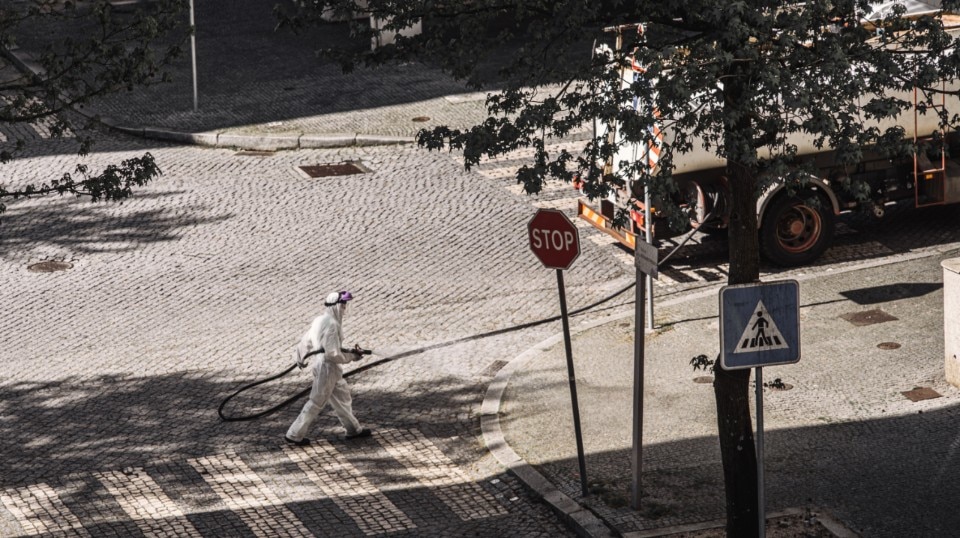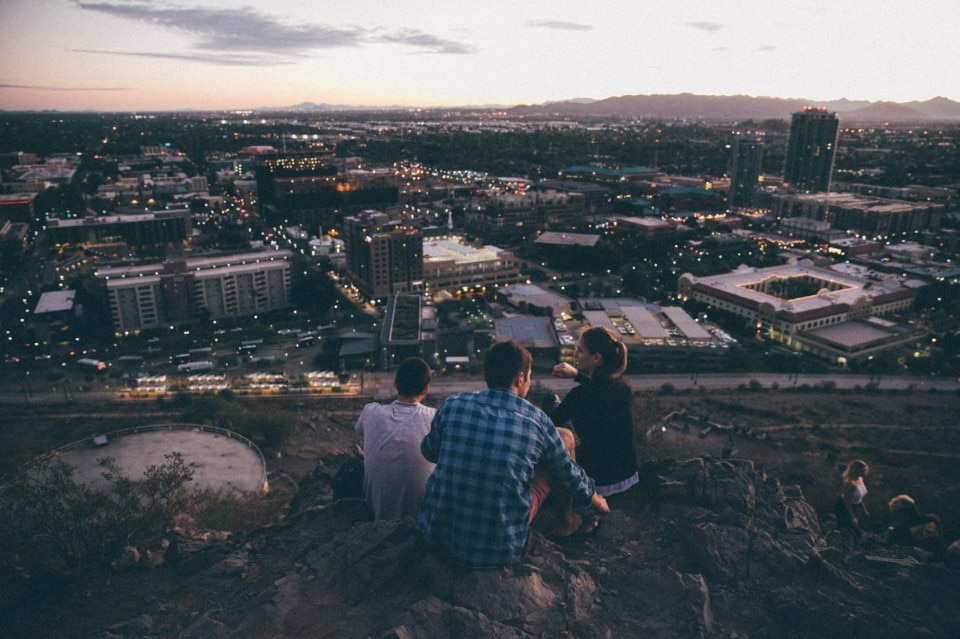What will happen to cities? What does the future hold for them? This is the question that, for the third year running, Domus will be seeking to answer. The appointment is with domusforum - the future of cities, taking place in Milan on 4 November 2020. The many guests include one that is unexpected and undesired, a presence that has changed everything: COVID-19.
Until the beginning of 2020, cities covered 3 percent of the world’s surface, developing 70 percent of global GDP. Until yesterday, cities were the places where, in the words of Saskia Sassen, globalisation took place locally, with the exchange of experiences and values, stories and perspectives over thousands of years. And now? What will happen now?
The events of the last few months have brought everything into question. Exchanges, presences, travel and projects have all collapsed, sectors have changed, and the stock markets are characterised by unprecedented levels of uncertainty. Countries are ordering the cancellation of rules for protection and of debt, which is reaching levels that have never been seen before, and exchanges have fallen to a point unheard of in recent centuries outside of situations of war.
The number of deaths due to the pandemic does not justify this situation, but the psychosis and system of protection that has emerged on a worldwide level, representing one of the positive effects of globalisation, has greatly complicated matters. And for now, the future is unclear.
Now, with the holiday period coming to an end, the number of infections is rising. "The first day of the Dutch shutdown, I went to the supermarket and I realised that they are the weakest link in terms of social distancing – the rules are very hard to keep there", the Dutch expert in urban architecture Harm Timmermans told the World Economic Forum. This is why architectural vision is now a crucial aspect for the future of cities in the wake of COVID, because it has become necessary to re-examine all social functions in order to allow the safe carrying out of normal activities that are currently rendered difficult by architecture and design that was not created to deal with an invisible but highly insidious enemy. Not only for physical health, but above all mental health.

Thus, domusforum 2020 will not only focus on architecture, but also on politics, economics, education and philosophy through the contributions of the speakers, as always representatives of all fields of knowledge. The emergency surrounding the pandemic has in fact touched on all the various disciplines, which will need to integrate for a rethinking of communal life. A holistic and sustainable point of view remains the only way to move forward and identify a solution. It is a point of view that Domus has held since its founding. Since 1928 it has reflected on humanist disciplines and polytechnic knowledge through design, architecture and art.
This is an unmissable event, which in line with the spirit of this period can be either attended in person or viewed via streaming. Because safety is the prime requirement for any idea of the future.


